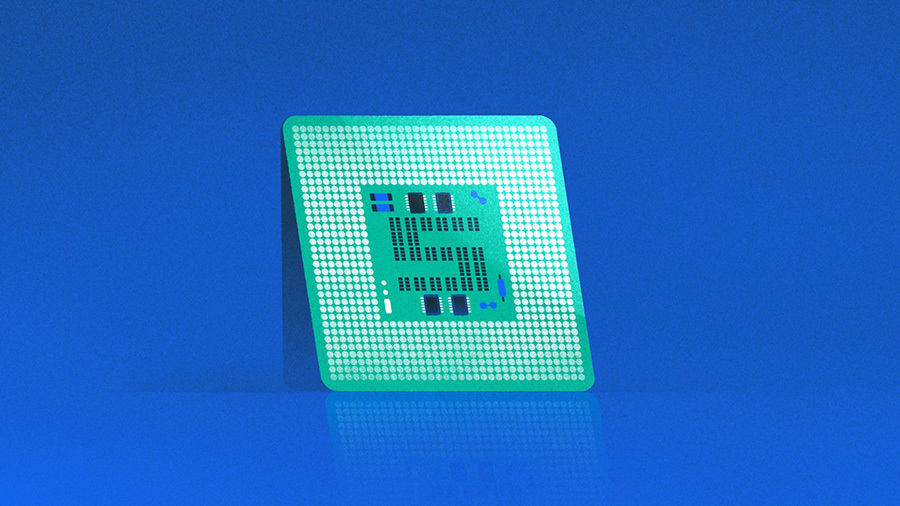In a surprising turn of events, Cerebras Systems, a leading AI processor developer, has officially withdrawn its plans for an initial public offering (IPO) just days after securing a massive $1.1 billion in funding.
This decision, announced on October 6, 2025, has sent ripples through the tech and investment communities, raising questions about the future of AI hardware companies in public markets.
Why Cerebras Pulled the Plug on Its IPO
The withdrawal comes after a year of anticipation following the company's initial filing to list on the Nasdaq, with a reported valuation of $8.1 billion post-funding.
While Cerebras did not specify exact reasons for the halt, CEO Andrew Feldman has indicated the company still intends to go public in the future, suggesting a strategic pivot to provide clearer information on its direction.
Historical Context: Cerebras’ Rise in AI Innovation
Founded in 2016, Cerebras has positioned itself as a formidable competitor to giants like Nvidia with its innovative wafer-scale AI chips, such as the Wafer Scale Engine 3 (WSE-3), boasting 4 trillion transistors.
The company has made headlines for its Inference platform, claiming speeds up to 20 times faster than Nvidia’s GPUs, a bold statement in a highly competitive market.
Impact on the AI Semiconductor Industry
The decision to delay the IPO could signal caution in the AI hardware sector, where investor scrutiny over revenue concentration and geopolitical risks, such as Cerebras’ ties to UAE’s G42, may have played a role.
This move might also reflect a broader trend of AI startups opting for private funding over public listings to avoid volatile market conditions and intense regulatory oversight.
Future Prospects for Cerebras and Investors
Looking ahead, Cerebras’ substantial funding round suggests confidence from private investors, potentially allowing the company to focus on scaling manufacturing to meet demand from clients like Meta.
However, the delay in going public may temper short-term enthusiasm among retail investors eager to tap into the AI boom.
As the company refines its strategy, industry watchers anticipate a future listing could still reshape the competitive landscape of AI semiconductors.


 Alfred Lee
Alfred Lee





